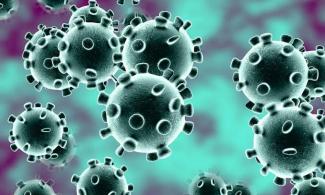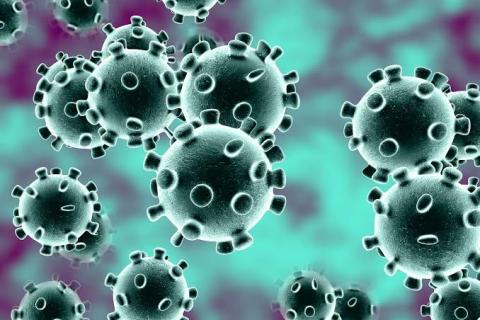
The government has ordered residents to stay at home as part of efforts in curbing the spread of the pandemic in the country.

Elites Network for Sustainable Development, a Kwara-based civil society organisation, has urged Kwara State governor, Abdulrahman Abdulrasaq, to provide palliatives for poor people in the state.
The government has ordered residents to stay at home as part of efforts in curbing the spread of the pandemic in the country.
ENetSuD, in a letter jointly signed by its Coordinator, Dr Alagbonsi Abdullateef; and Secretary, Mahmud Usman Baba; noted that notwithstanding the laudable lockdown order, majority of Kwarans in the informal sector would be severely affected.
ENetSuD said the government should consider and approve the spending of one-month Internally Generated Revenue of the state for the provision of food items to people in the informal sector across Kwara.
It said, “Most of the people in this sector possibly cannot feed themselves and their family members without accessing their shops and rendering their daily services.
"The latest statement from the State Technical Committee on COVID-19 dated 27th March 2020 that the KWSG is considering palliatives for the poorest of the poor at this critical COVID-19 pandemic period.
“Thus, ENetSuD further suggested the following possible ways the government may wish to consider for the implementation of the proposed palliative measures: the measures should be mainly foodstuffs and agricultural items that will serve the purpose of feeding, but not hand-sanitisers or face masks.
“This is based on the fact that the lockdown order has already significantly prevented physical contacts of people as they are now unavoidably staying at home, and all households can efficiently practice hand washing with soap.
“The measures should only be for Kwara residents in the informal sector who are the most affected by this pandemic-induced lockdown.”
ENetSuD added that the measures should exclude the civil servants in the formal sector since the government had graciously continued to pay their salaries even during the period, which would remove hardship.
It also suggested that the government works with artisans, market and community associations to altruistically identify their members with a genuine need for the palliative, adding that the process should be transparent to the public.
It added, “We urge the government to strictly supervise the exercise collaboratively so that the impact could be truly felt by the people really in need of the measures.
“Distribution of items of this nature is best done by independent bodies, especially reputable nongovernmental organisations.”